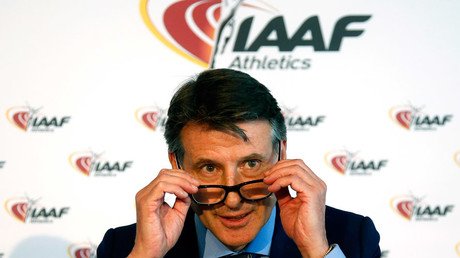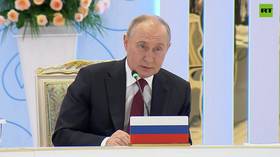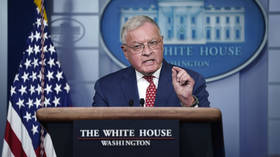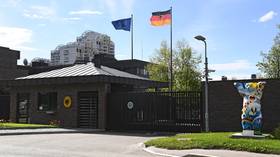With Russia banned, US dominates World Indoor Athletics Championships
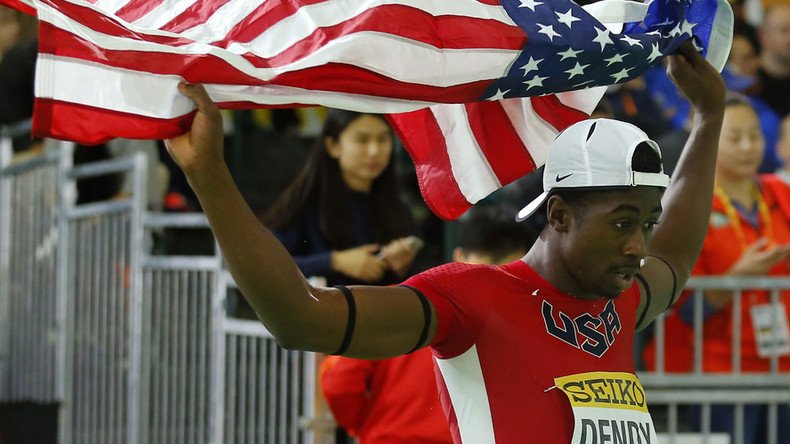
The United States dominated the final day of the World Indoor Athletics Championships in Portland on Sunday, winning five gold medals to complete its best ever showing in the event.
With Russia banned from competing amid ongoing investigations into alleged doping and corruption, US athletes took full advantage by winning gold in the men's 1,500m, the men's and women's 4x400m relays, the men's long jump, and the women's high jump.
The host nation finished on top of the medal table with 13 golds, six silvers and four bronzes.
Ethiopia, which had been warned ahead of the event it could be banned unless it improves its anti-doping regime, finished second in the table after winning two golds on the final day.
Genzebe Dibaba successfully defended her 3,000m title, while her compatriot Yomif Kejelcha won the men's event over the same distance.
"Doping is not good news for athletes," Dibaba said after her race. "I think it is altitude and hard training which is responsible for success."
American teenager Vashti Cunningham confirmed her status as a rising star in the sport as she took gold in the women's high jump.
Vashti Cunningham Wins High Jump Gold, Will Turn Pro: https://t.co/FgOBO6uFadpic.twitter.com/YaO11AAdPl
— FloTrack (@FloTrack) March 20, 2016
The 18-year-old won gold with a jump of 1.96m, ahead of Ruth Beitia of Spain in second place and Poland's Kamila Licwinko in third.
Cunningham, the daughter of legendary Philadelphia Eagles quarterback Randall Cunningham, said: "I did not think that I would be here right now at 18 years old. It means a lot to be the world champion this young."
The event attracted over 39,000 spectators over the four days of competition and International Association of Athletics Federations (IAAF) President Sebastian Coe said the attendances were a big boost to athletics after months of scandal, although he admitted the absence of Russian athletes was a “sad moment for our sport.”
"It hasn't stopped this from being a fantastic athletic experience for spectators and athletes alike," said Coe. "It shows you that the sport is still very strong."
"Nobody is denying the challenges that lie ahead to regain trust, but this has been a pretty good start."
The challenges faced by the sport were highlighted again at the weekend after it was revealed 2013 European Championship silver-medalist Nadezhda Kotlyarova has tested positive for the banned drug meldonium.
The 26-year-old sprinter is the 13th Russian athlete to have been caught using meldonium since it was banned by the World Anti-Doping Agency (WADA) on January 1, including tennis star Maria Sharapova and speed skating Olympic gold-medalist Semion Elistratov.
Kotlyarova denies any wrongdoing: "The concentration of the substance which was found is very small - 25 nanograms. I stopped taking this stuff long before it was banned," she said.
"I consider myself innocent, we are victims of circumstance. It's a real shame, because this is an Olympic year, and this is how they knock people off their tracks."
The Russian Athletics Federation (ARAF) remains under pressure to prove it is compliant with anti-doping standards after being suspended from international competition following revelations of widespread cheating and corruption.
The IAAF will decide in May whether to lift the suspension, but if it remains in place Russian athletes will miss the Olympics, which start in Rio de Janeiro on August 5.
